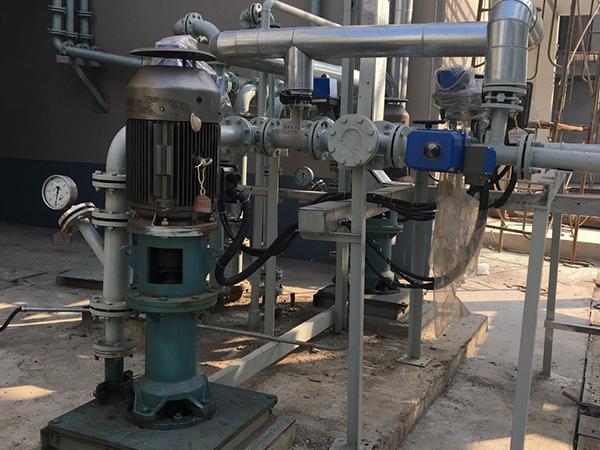English
- Afrikaans
- Albanian
- Amharic
- Arabic
- Armenian
- Azerbaijani
- Basque
- Belarusian
- Bengali
- Bosnian
- Bulgarian
- Catalan
- Cebuano
- Corsican
- Croatian
- Czech
- Danish
- Dutch
- English
- Esperanto
- Estonian
- Finnish
- French
- Frisian
- Galician
- Georgian
- German
- Greek
- Gujarati
- Haitian Creole
- hausa
- hawaiian
- Hebrew
- Hindi
- Miao
- Hungarian
- Icelandic
- igbo
- Indonesian
- irish
- Italian
- Japanese
- Javanese
- Kannada
- kazakh
- Khmer
- Rwandese
- Korean
- Kurdish
- Kyrgyz
- Lao
- Latin
- Latvian
- Lithuanian
- Luxembourgish
- Macedonian
- Malgashi
- Malay
- Malayalam
- Maltese
- Maori
- Marathi
- Mongolian
- Myanmar
- Nepali
- Norwegian
- Norwegian
- Occitan
- Pashto
- Persian
- Polish
- Portuguese
- Punjabi
- Romanian
- Russian
- Samoan
- Scottish Gaelic
- Serbian
- Sesotho
- Shona
- Sindhi
- Sinhala
- Slovak
- Slovenian
- Somali
- Spanish
- Sundanese
- Swahili
- Swedish
- Tagalog
- Tajik
- Tamil
- Tatar
- Telugu
- Thai
- Turkish
- Turkmen
- Ukrainian
- Urdu
- Uighur
- Uzbek
- Vietnamese
- Welsh
- Bantu
- Yiddish
- Yoruba
- Zulu
Telephone: +86 13120555503
Email: frank@cypump.com
Dec . 04, 2024 04:13 Back to list
septic tanks pumping
The Importance of Septic Tank Pumping Keeping Your System Healthy
Septic tanks are essential components of many household waste management systems, particularly in rural areas where access to municipal sewage systems is limited. They function by breaking down and treating wastewater from homes, allowing for the safe disposal of sewage. However, to ensure that these systems operate effectively, regular maintenance is crucial, with septic tank pumping being one of the most important tasks homeowners should undertake.
What is a Septic Tank?
A septic tank is a large, usually underground, chamber made of concrete, fiberglass, or plastic that treats and stores household sewage. When wastewater enters the tank, solids settle to the bottom to form sludge, while oil and grease float to the top, forming scum. The middle layer, which is primarily liquid, flows out of the tank into a drain field, where it is further treated by soil and microorganisms. Over time, however, the solids accumulate in the tank, requiring periodic pumping to prevent future problems.
Why is Pumping Necessary?
Septic tanks are designed to hold a certain volume of solids, and once this capacity is reached, the system becomes less effective
. Failure to pump the tank regularly can lead to a host of problems, including1. Backups and Overflows When sludge builds up, it can clog the outlet pipe, causing wastewater to back up into the home or overflow into the yard. This not only poses health hazards due to exposure to raw sewage but also can lead to costly repairs.
2. Drain Field Failure Excessive solids in the septic tank can disrupt the flow of effluent to the drain field. If the drain field becomes saturated with solids, it will fail to absorb wastewater, leading to pooling on the surface and further environmental issues.
3. System Longevity Regularly maintaining and pumping your septic tank can significantly extend its lifespan. Just like any other mechanical system, care and attention can prevent costly breakdowns and replacements.
septic tanks pumping

How Often Should You Pump Your Septic Tank?
The frequency of septic tank pumping depends on several factors, including the size of the tank, the number of occupants in the home, and the amount of water used. Generally, it is recommended to pump your tank every 3 to 5 years. However, households with more occupants or those that use more water may need to pump more frequently.
Signs That You Need a Pumping
Homeowners should be vigilant for signs that their septic tank may need pumping. These include
- Slow drains or backups in the home - Unpleasant odors around the septic tank or drain field - Pooling water in the yard, particularly over the drain field - Lush green grass around the septic area, which may indicate wastewater leaking
If you notice any of these signs, it’s essential to call a professional to evaluate your septic system.
Conclusion
Pumping your septic tank is a critical aspect of maintaining a healthy and efficient wastewater management system. Ignoring this necessary maintenance can lead to severe consequences, including costly repairs and environmental hazards. By understanding the importance of regular septic tank pumping and keeping an eye out for warning signs, homeowners can ensure their systems function smoothly for years to come. Investing in your septic system is not just about compliance; it’s about protecting your home, health, and the environment.
-
Reliable Non-Clog Sewage Pumps with GPT-4-Turbo Tech
NewsAug.04,2025
-
High-Performance Air Pumps for Sand & Gravel | Efficient Transport
NewsAug.03,2025
-
ISG Series Vertical Pipeline Pump - Chi Yuan Pumps Co., LTD.|Energy Efficiency, Corrosion Resistance
NewsAug.03,2025
-
ISG Series Pipeline Pump - Chi Yuan Pumps | Energy Efficiency&Compact Design
NewsAug.03,2025
-
ISG Series Vertical Pipeline Pump - Chi Yuan Pumps Co., LTD.|High Efficiency, Low Noise, Durable
NewsAug.02,2025
-
ISG Series Vertical Pipeline Pump - Chi Yuan Pumps | High Efficiency, Low Noise
NewsAug.02,2025










